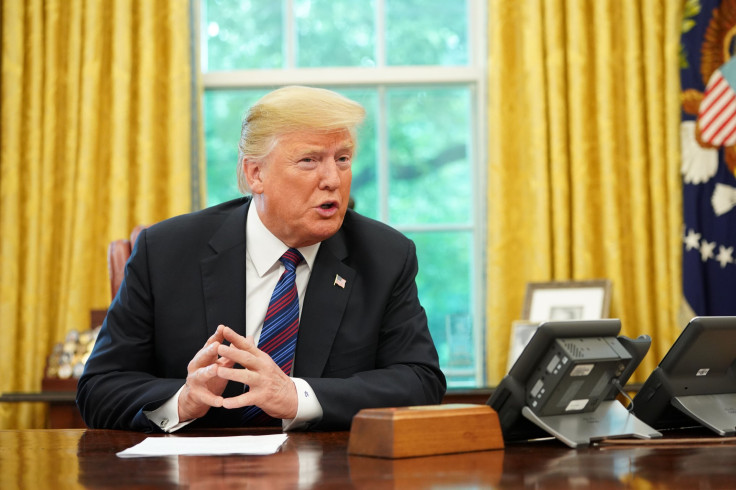Michigan, Texas Will Suffer Most From Trump’s Mexico Tariffs
President Donald Trump’s proposed five percent tariff on all imports from Mexico to strengthen border enforcement and migrants flow will pinch American businesses and consumers seriously. Hard hit states will be Texas and Michigan.
Mexican tariffs will eventually force many Americans to pay more for their cars, TVs, beer, fresh vegetables blue jeans, and other goods.
Trump’s 5 percent tariff on Mexican goods will take effect on Monday unless there is a surprise deal in between.
Impact on the economy of states
The impact of Mexican tariffs on states’ economies will vary on the basis of their dependence on Mexican imports sought by various industries.
Among the industries, the automobile, food and energy sectors in various states have broader linkages with the Mexican supply chain.
Mexican tariffs would hurt most American consumers and businesses even if they are located far away from the south-western border.
Among states, Michigan and Texas have large scale Mexican imports. In 2018, Michigan imported goods worth $56 billion from Mexico.
Texas tops in Mexican imports that are spread in energy, food and manufactured goods.
California and Illinois also have substantial Mexican imports.
Population centers in many states depend on fresh produce and manufactured goods that come from Mexico.
No deal despite Mexican minister’s parleys
Despite the parleys between Mexican ministers and U.S officials, so far there is no progress towards a deal.
On Thursday afternoon, White House press secretary Sarah Sanders said: "The U.S position has not changed and we are still moving forward with tariffs at this time.”
Vice President Mike Pence was more assertive. He said the President-announced 5 percent tariffs would be imposed on Monday on all goods coming from Mexico.
He also added that the “President said what he means and he means what he says.”
On Wednesday, Mexico’s foreign minister Marcelo Ebrard held meetings with Vice President Mike Pence and other American officials to explore possible solutions to check the flow of migrants to the south-western border.
According to reports, Mexico agreed to deploy 6,000 national guard troops to patrol the area with Guatemala for blocking migrants heading to the U.S border.
States like New Mexico has been facing escalating violence from drug cartels. The state shares a 180-mile border with Mexico and Mexico’s enhanced surveillance could support such states.
Meanwhile, a White House official said President Trump is “very committed” about going ahead with Mexico tariffs and told his negotiators to convey this to Mexico.

There were reports that Republican lawmakers are miffed with Trump’s Mexican tariffs and may try to block it.
The official reiterated that Trump is “dead serious” about Mexican tariffs.
Mexican Foreign Ministry spokesman Roberto Velasco Alvarez also said his government is looking for a deal despite the glaring gap between the two sides.
“We continue exploring options to tend to the growing number of undocumented migrants that cross through Mexico,” Alvarez tweeted.
In his words, the U.S. is focused more on the measures of migration control, while Mexico’s priority is development.
“We have not reached an accord but continue negotiating,” the official added.
If the two sides fail to cut a deal, Mexico would face higher tariffs of 25 percent by October.
© Copyright IBTimes 2024. All rights reserved.











